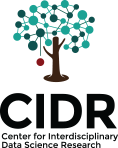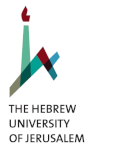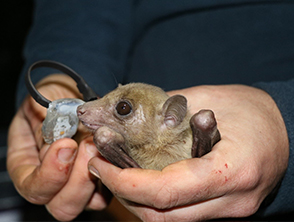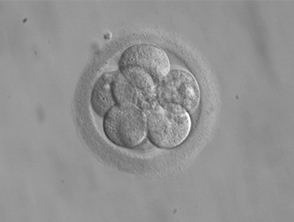Does your research involve data? Would you like to start getting into data science? We can help!
CIDR has a three-part mission, encapsulating the promise of data science:
(1) Advance the state-of-the-art of core research in data-science methodology, supporting a vibrant research community.
(2) Arm researchers throughout the university with tools to harness the power of data. Advance the dissemination of data-science methodology in scientific research through training programs and project support, transforming all fields and disciplines.
(3) Advance data-science collaborations between the Hebrew University, the public sector and industry to benefit the Israeli society.
Below you can find some of the ways we can help you:
Project support:
We have set up a data-science support lab, where core members of CIDR, together with a senior data engineer supervise part-time graduate students working closely on data-related projects across the university (see our projects page for featured projects). If you’re interested, please fill out our form.
Important: our goal is not to solve your problem for you, but to teach you (or someone from your group) how to solve it. We need to have someone from your side take ownership and work closely with us, preferably someone who took a basic programming class.
Funding:
We offer lots of funding opportunities — see open calls.
Classes:
If you are teaching a class: We offer support in exchange for opening existing classes to students from other departments.
If you are a student: See list of classes at HUJI. If you have very little (or no) background, consider taking our new self-paced class (limited space).
Workshops and bootcamps:
We plan short workshops and bootcamps on various data-science topics, in particular tools and methods. The target audience includes both students and faculty from across the university. Stay tuned and check out our events!






